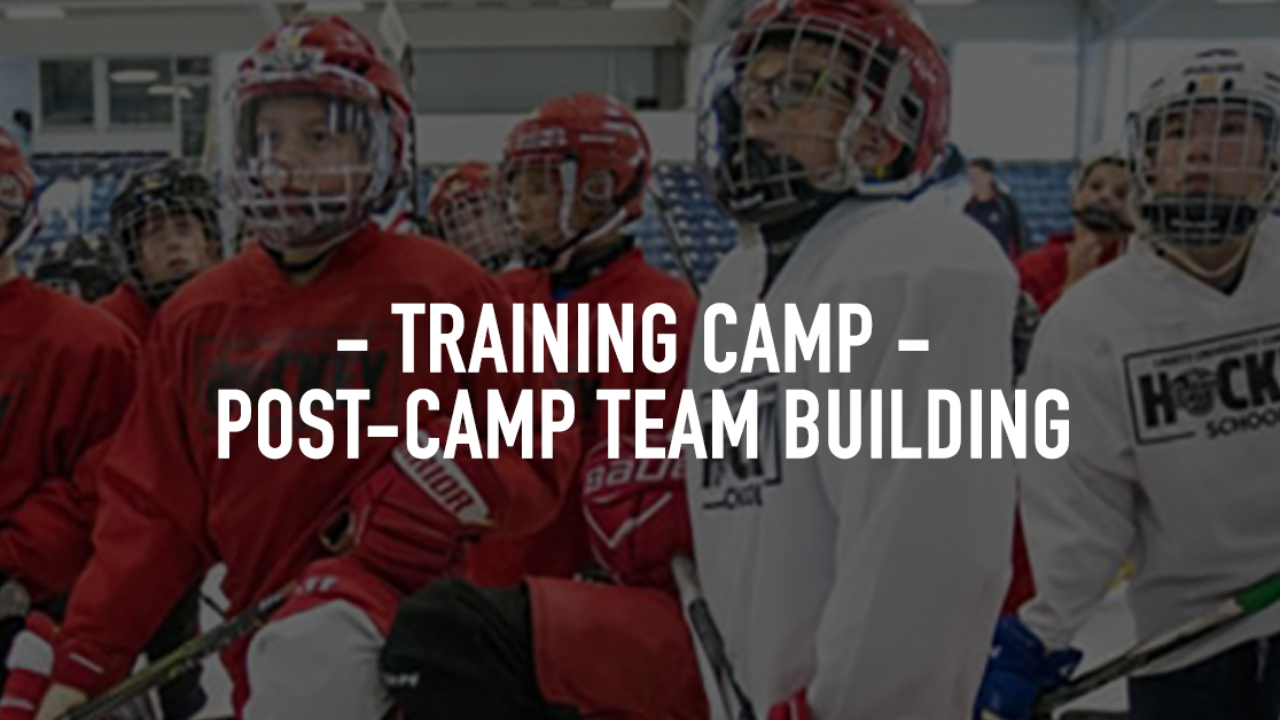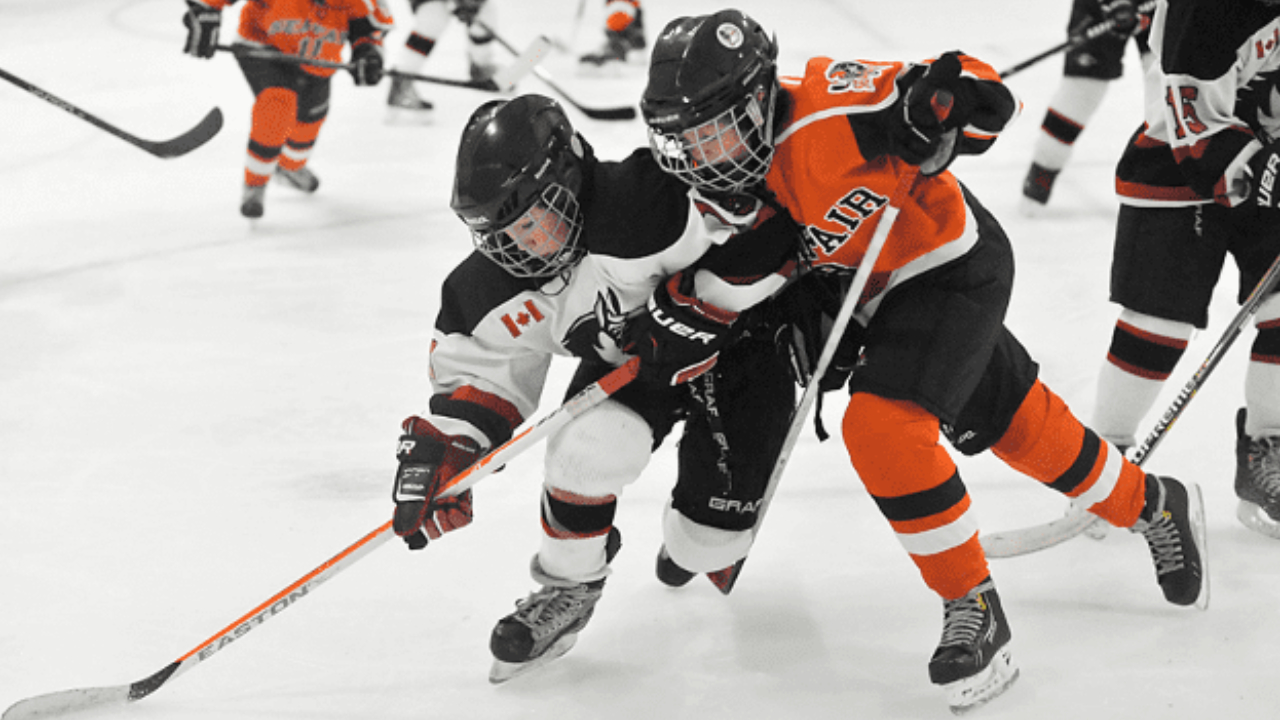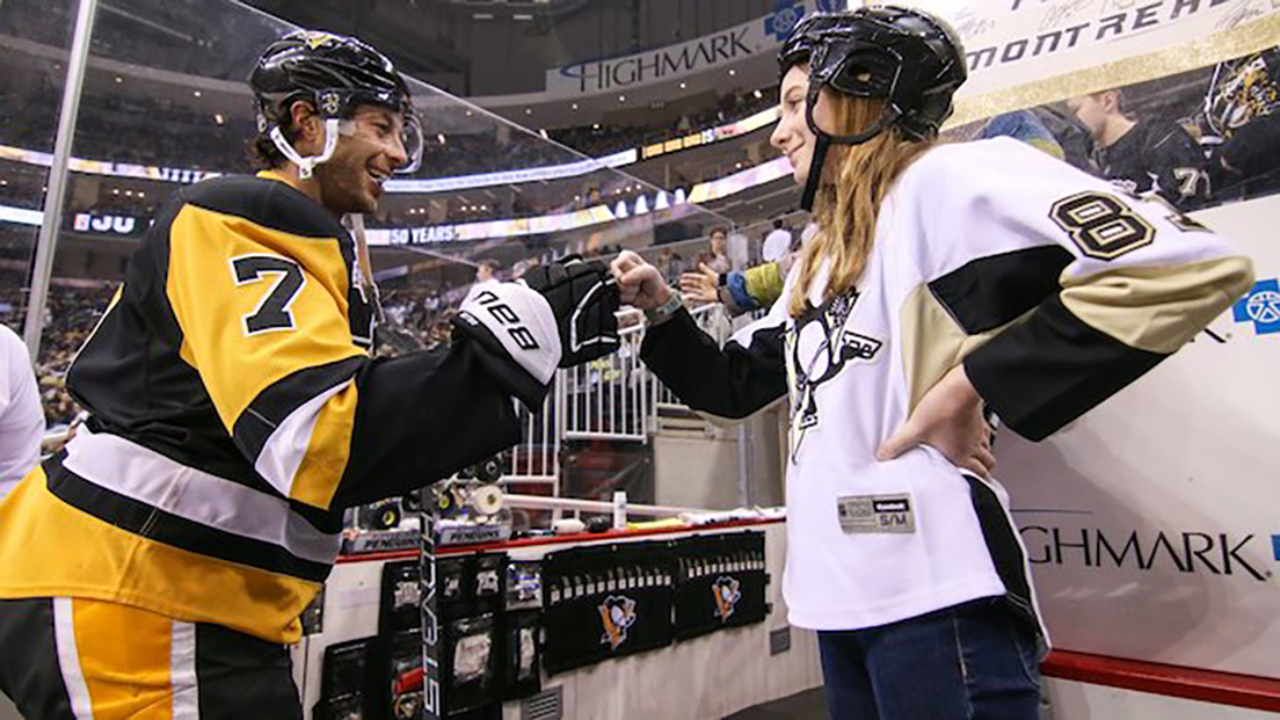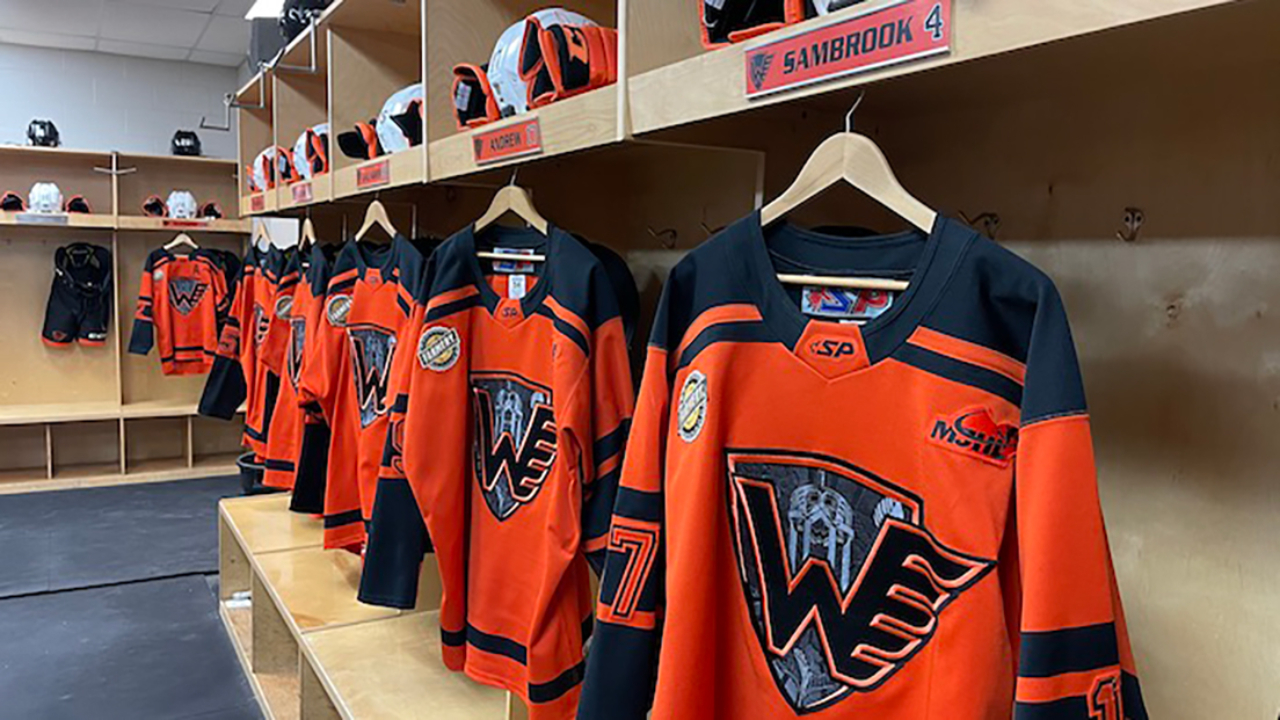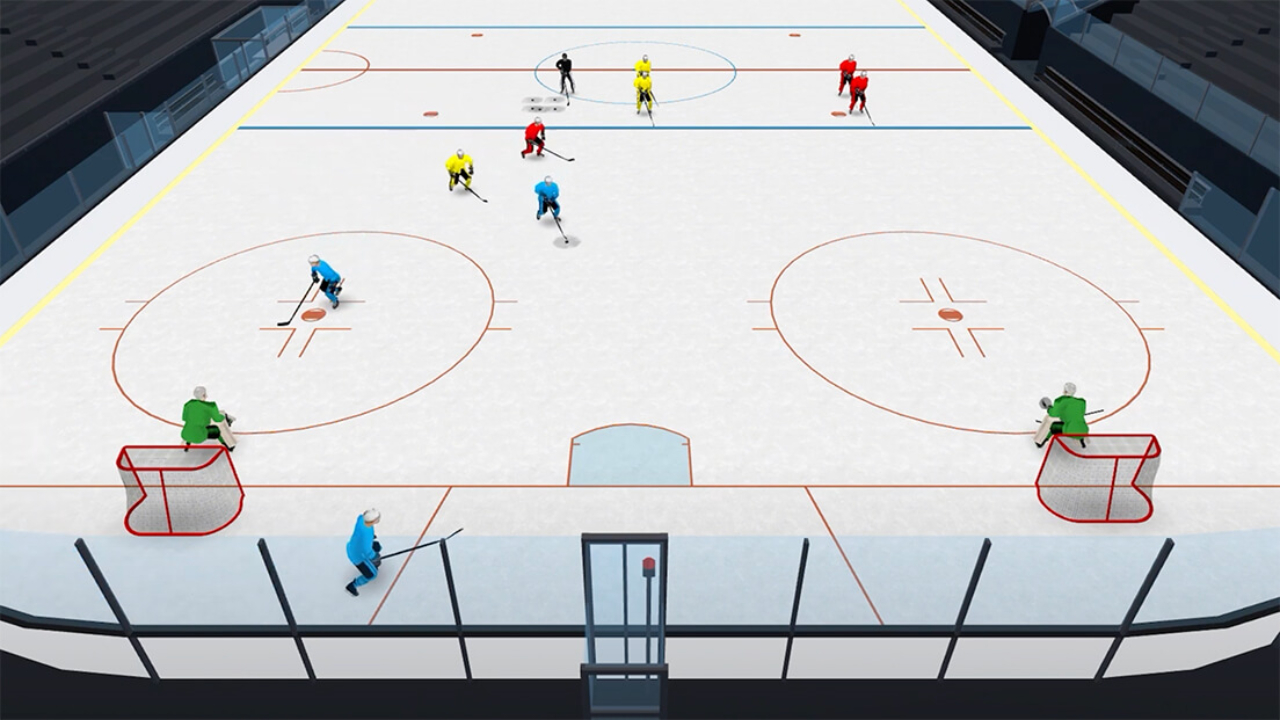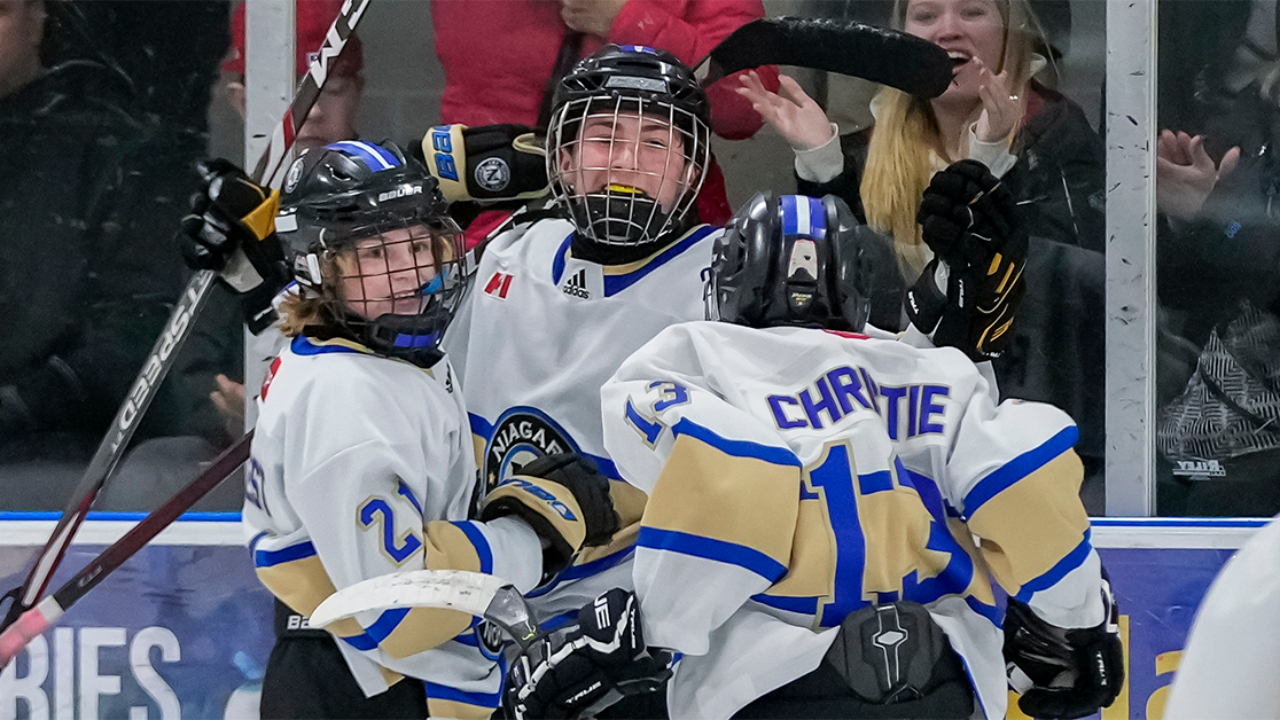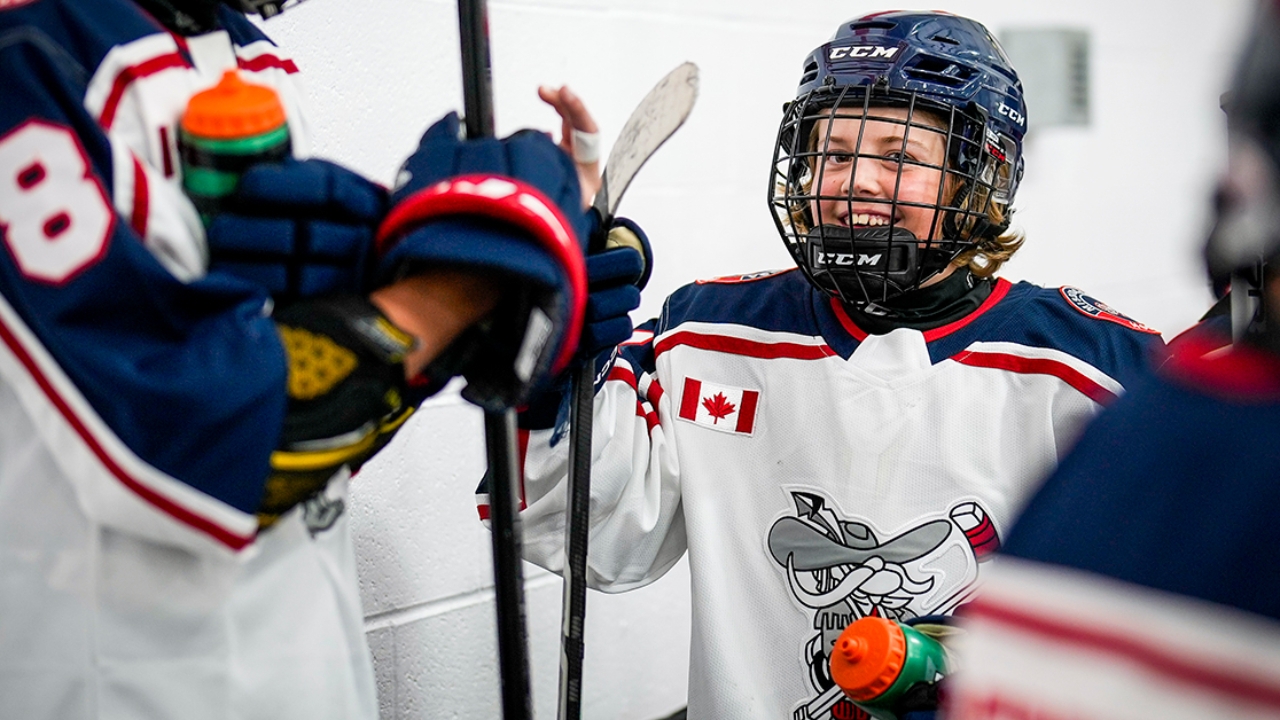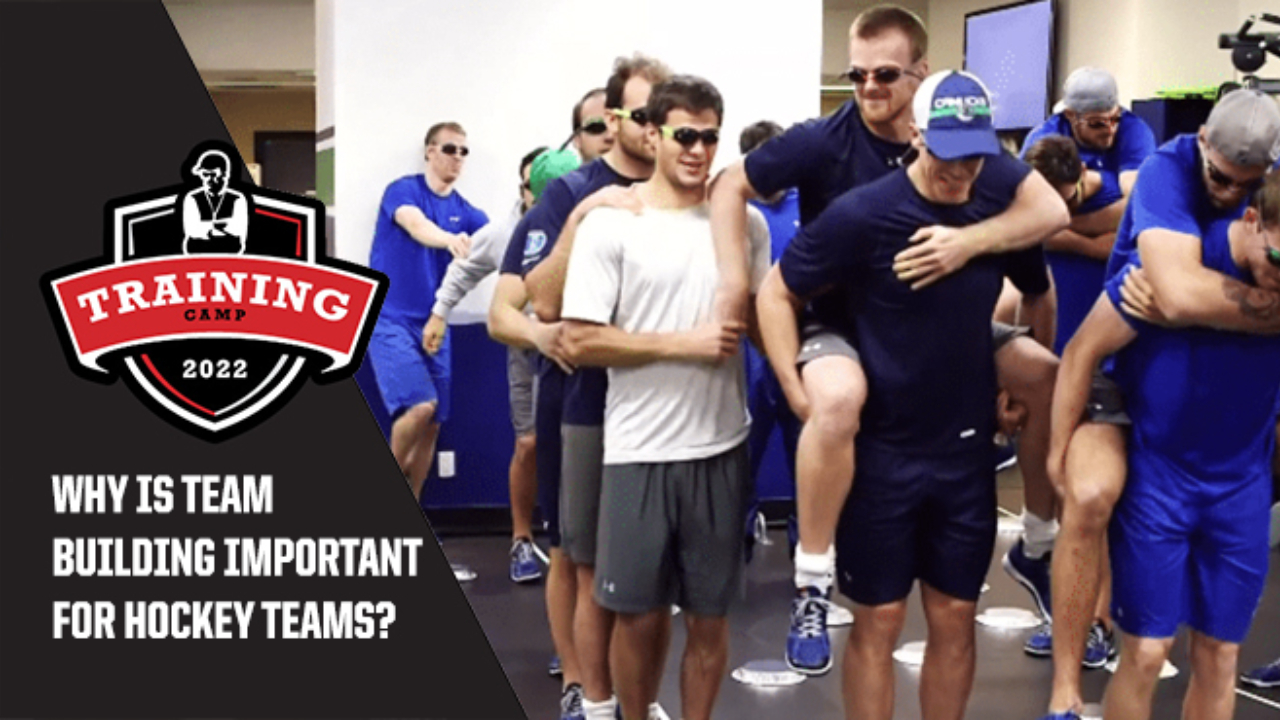
If you're friends outside the rink, you’ll probably develop a protective instinct and won't think twice about having your teammates' back.
It just is.
Oh great, thanks! Article complete, let’s go for a beer!
But seriously, why is team building so important for hockey teams all the way from university through junior and into peewee and atom? It’s an area of training camp in which I’ve admittedly never been terribly strong. Sure, I can run an activity or put a couple teams together off-ice to engage in some sort of fun challenge, but I’m guilty of leaning more towards systems and introducing on-ice tactics early on.
That’s why I wanted to write this article. I like to make life difficult for myself. I mean, I know team building is important, you know it’s important, but let’s devote some brain power to discover why it’s important. Maybe then we (I) will get better at implementing it.
1. You Have to See These People Every Day
When you walk into your team’s dressing room, is your first stop your office or one of your player’s stalls? Do you revert to watching video and tweaking your power play or do you spend time getting to know your players?
That’s a coach’s perspective, what about the players? Day in and day out is much less of a grind when you’re doing so beside friends rather than mere teammates. Team building at the start of the year breaks down barriers and puts everyone at the same level off the ice. They’re just people during team building; playing on the power play or the first pairing means nothing when you’re doing trust falls.
2. The Value of Comfort
We talk all the time on the ol’ blog about the importance of comfortable hockey players. It’s a fine line: we don’t want our players to be so comfortable that they’re not pushing to improve, but we do want them to be comfortable in the attempt.
A player who’s accepted by his or her peers for better or worse won’t worry about how they’re perceived in the social hierarchy of the team.
Think about it: will a naturally gifted, creative player be willing to showcase their skill in practice if they’re worried about being stuck with the “hero” label? It’s one of the dumbest aspects in hockey; that trying too hard is a negative. It’s ridiculous, but it’s true.
Comfortable players perform better, there’s no mistaking that reality.
3. Internal Accountability
I’m sure some of the ex-pro players out there can agree that when you reach that level, a lot of your team building occurs off the ice. You form a bond away from the rink during lunches and dinner, going for walks, hitting the mall or going to the movies.
The simplest analogy I can think of on the ice is blocking shots. If you’re friends outside the rink, you’ll probably develop a protective instinct and won’t think twice about having your teammates’ back. It’s that tiny spark of accountability to each other that drives teammates to block shots for each other, or jump headfirst into a puck battle for each other.
All-in-all, this isn’t about team building tactics, it’s about the why of team building.
Team building creates accountability, it fosters comfort, and it simply makes the day-to-day grind of the hockey season a lot more fun.
And that’s an environment we can all get behind.
Here’s some classic team building activities the Vancouver Canucks did back in the day. Hilarious!


